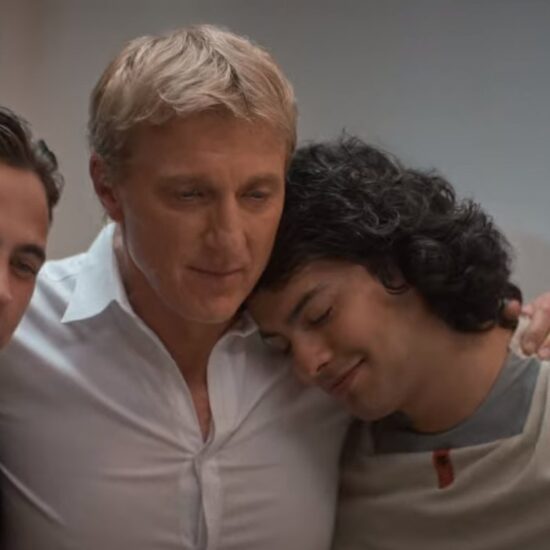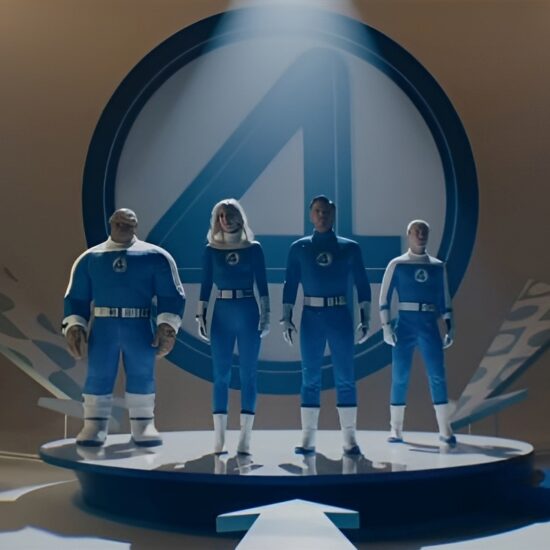More than once, Linda Ronstadt has recounted the blunt welcome she received when she left her sleepy hometown of Tucson, Arizona for Los Angeles in 1964. “Honey, in this town, there are four sexes: women, men, homosexuals, and girl singers,” Judy Henske, a singer-songwriter and an employee at a folkie coffee shop, reportedly advised the new arrival. It would be Ronstadt’s introduction to the rest of her life.
To be a girl singer, as indicated by rock’n’roll memoirs by men and women alike, was often to be shunted aside and leered at, pitted against one’s peers, at the mercy of the guys in charge. Even Ronstadt felt the hot flush of competition when she first saw Emmylou Harris performing at Los Angeles’ Troubadour in the early 1970s. But Ronstadt realized that she could be jealous, or she could make a friend. When the pair finally met in 1973—while on tour with Gram Parsons and Neil Young, respectively—a lifetime friendship sparked from their shared love for another girl singer: Dolly Parton.
It would take another 14 years for Harris, Ronstadt, and Parton to release Trio, their first full-length album together. Their mutual admiration had blossomed when Ronstadt and Harris crossed paths with Parton in Nashville in the early 1970s, and they’d started singing together occasionally in the back half of the decade. Plans for a proper LP, however, got tangled in the contractual obligations of their escalating stardom and ever-expanding professional lives. Making Trio allowed each of them a long-overdue opportunity to assume a new identity in an industry that had long tried to pigeonhole them.
Trio opens with “The Pain of Loving You,” a song that Parton co-wrote with country singer and television presenter Porter Wagoner. Wagoner’s hit TV show had provided the charismatic young Parton with an early break in 1967, and though she’d only signed a five-year contract, she stayed on for seven. As a gracious parting gesture, she wrote “I Will Always Love You” and dedicated it to him. In 1979, Wagoner returned the favor with a $3 million breach of contract suit, claiming that his tutelage entitled him to a cut of Parton’s solo earnings. The dramatic falling-out between an established country star and his one-time protégée was big news—big enough that it was picked up in Billboard and on the United Press newswire. Harris and Ronstadt would have been aware of it all, even in their Los Angeles singer-songwriter enclave.
Meanwhile, their own career trials had only strengthened their bond. For decades, Ronstadt kept the yellow rose that Harris presented to her after an exceptionally nasty encounter with one of Neil Young’s bandmates in 1973; a few months later, she invited Harris out for an extended convalescence in California as she grieved the death of her former singing partner, Gram Parsons. Through difficult tours and indiscriminate egos, the friends extended comfort to one another. They, too, had butted up against powerful men in their industry who sought to fuck them one way or another.












